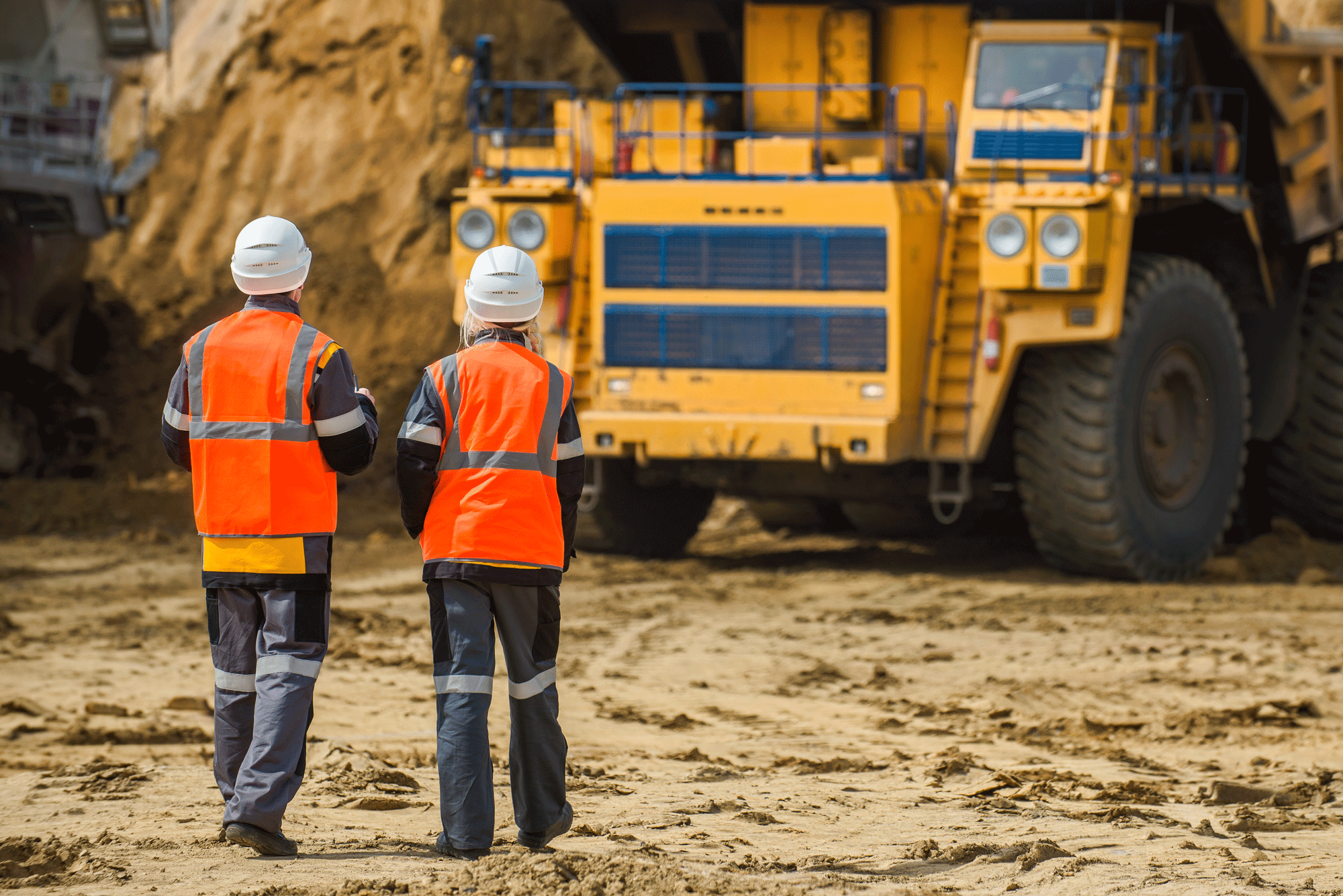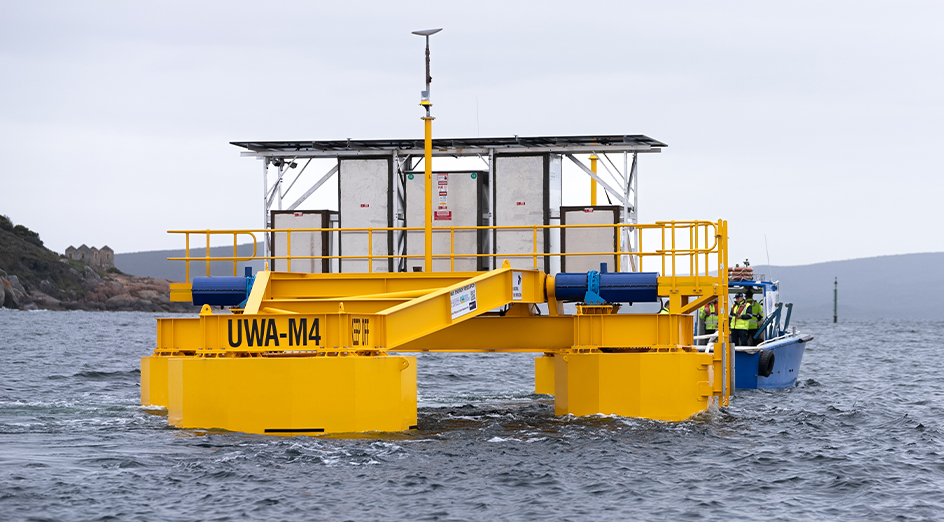Australia’s LNG exporters are set to almost triple their financial contribution to the public this financial year, forecasted to pay an extra $9 billion to federal and state governments to help fund public services like schools, hospitals and roads.
New preliminary forecasts, compiled by the Australian Petroleum Production & Exploration Association (APPEA), reveal the gas export sector is estimated to pay around $13 billion during 2022-23 – up from $4.8 billion forecast for last financial year.
The total includes corporate income tax, the Petroleum Resource Rent Tax (PRRT), state royalties and excise for companies who operate with 30 December 2022 financial years or 30 June 2023 financial years.
The figures are forecasts and final revenues will be subject to changing economic conditions, including fluctuating prices and foreign currency rates.
Liability for the year for major LNG industry participants
| 2021-22 | 2022-23 | INCREASE | |
| Corporate Income Tax | $1.72 billion | $8.7 billion | $6.98 billion |
| PRRT | $1.1 billion | $1.6 billion | $0.5 billion |
| Royalties | $1.58 billion | $2.44 billion | $0.86 billion |
| Excise | $0.44 billion | $1.13 billion | $0.69 billion |
| TOTAL | $4.84 billion | $13.87 billion | $9.03 billion |
APPEA Chief Executive Samantha McCulloch said the growing returns for the Australian public from exports were shown after the industry had invested over $300 billion in LNG projects since 2010.
“Our world-beating exports will deliver an estimated $9 billion more in taxes and royalties this financial year, with a total contribution of almost $14 billion further helping bankroll public roads, schools and hospitals,” she said.
“The return on our $300 billion investment in LNG projects is clear to see.
“These forecasts demonstrate some of the direct financial value to the economy and the Australian public of long-term taxation settings that underpin these large, capital-intensive and complex projects.
“But focussing solely on revenue for determining the industry’s economic contribution ignores our far wider role – employing 165,000 people along the supply chain, building infrastructure, powering homes and businesses and facilitating growth – which has been estimated at enabling almost $500 billion of economic activity annually.
“The taxation profile of the LNG industry is evolving with changing economic conditions, including higher than forecasted prices.
“The industry is on a much faster track to make up the losses accumulated during the construction of these complex and capital-intensive projects, bringing forward timeframes for tax payments.
Ms McCulloch said Australian gas exports were renowned around the world for their safety and reliability, and they were delivering huge economic benefits for Australians while helping our importing customers across Asia reduce their emissions.
“The Federal Government estimates Australia’s LNG has the potential to lower emissions in importing countries by around 166 million tonnes of carbon dioxide annually by helping them switch from higher-emissions fuels – this is equivalent to about a third of Australia’s annual emissions,” she said.
To view this media release as a PDF, please click .








